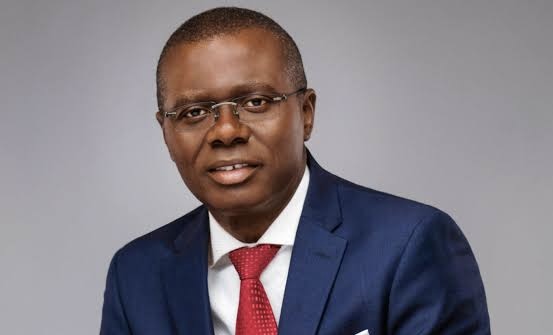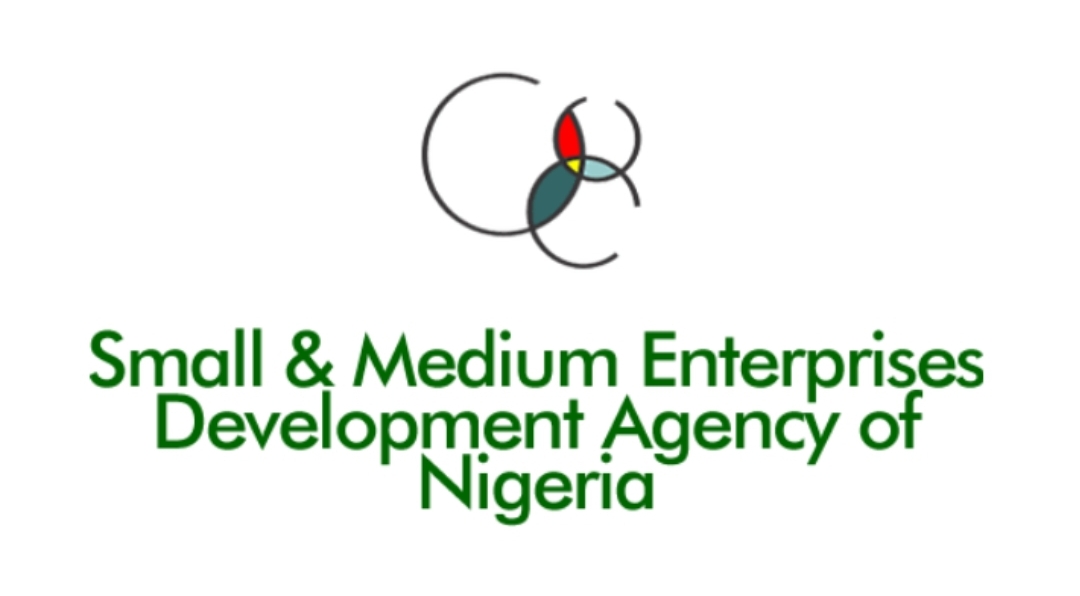UNICEF decries inequity in Nigeria’s primary healthcare system

The United Nations Children’s Fund (UNICEF) says one of the significant challenges for the primary healthcare system in Nigeria is inequity.
The Representative of UNICEF Nigeria Chief of Health, Eduardo Celades Blanco, said this on Wednesday in Abuja at the Nigeria Health Commissioners’ forum.
Mr Blanco said the country had been unable to bridge the disparities between the North and South, poor and rich, hence the inequity.
He said there was a need to increase the allocation of resources to the country’s overall health budget.
Mr Blanco said this is possible by increasing the proportion of the government general expenditure to at least 10 per cent by 2025 and 12 per cent by2030 to fast-track the achievement of SDG3.
He, however, said the poor performance of the country’s PHC system could not be explained by inadequate investments.
“It is more of a question of efficiency and sustainability of efforts over time; hence there is a sense of urgency,” he stated.
He stressed the need for more value for money, leveraging strategic purchasing to increase both programmatic and cost efficiency, to rebuild trust for more investments in health.
Mr Blanco said the country needed to strengthen the public financial management system to address inefficiencies.
He said this could be achieved by maximising spending levels within budgets and focusing on increased spending at LGA and/or facility levels for improving PHC services.
Meanwhile, he said that UNICEF would continue to support governments at all levels to improve PHC financing, performance and outcomes through some initiatives.
The executive secretary, National Health Insurance Scheme (NHIS), Mohammed Sambo, said if the nation had a functional primary healthcare system, 70 per cent of its health needs would be met.
On his part, Olumide Okunola, senior health specialist, Health, Nutrition & Population, World Bank Group, said before the COVID-19 pandemic, Nigeria’s health spending was among the lowest in the world, compared to other contemporaries.
(NAN)
We have recently deactivated our website's comment provider in favour of other channels of distribution and commentary. We encourage you to join the conversation on our stories via our Facebook, Twitter and other social media pages.
More from Peoples Gazette

Politics
Katsina youths pledge to deliver over 2 million votes to Atiku
“Katsina State is Atiku’s political base because it is his second home.”

States
One killed, three injured in Kaduna auto crash; N8.7 million recovered: FRSC
The sector commander, Kabir Nadabo, said on Thursday in Kaduna that N8.7 million was recovered from the accident scene.

Africa
Widespread government corruption going on in South Africa under President Ramaphosa: U.S. Govt
The report alleged that the South African government did not take credible steps to investigate, prosecute, and punish officials.

Lagos
Lagos civil servants with N35,000 salary now earn N170,000: Sanwo-Olu
Governor Babajide Sanwo-Olu said the civil servants began receiving the new wage in January.

Economy
SMEDAN launches competition to grow small businesses, enhance financial literacy
The Small and Medium Enterprises Development Agency of Nigeria (SMEDAN) has introduced a business pitch competition called ‘SMEDAN Speed Pitch’.

Abuja
Court dismisses suit seeking disqualification of Hannatu Musawa as minister
Justice James Omotosho, in a judgment, held that the plaintiffs lacked locus standi (legal right) to institute the suit.

World
Five teenagers charged with terrorism after Sydney Church stabbing
Five teenagers were charged with terrorism offences amid an ongoing investigation into the stabbing of two people at a Sydney Church earlier in April.








